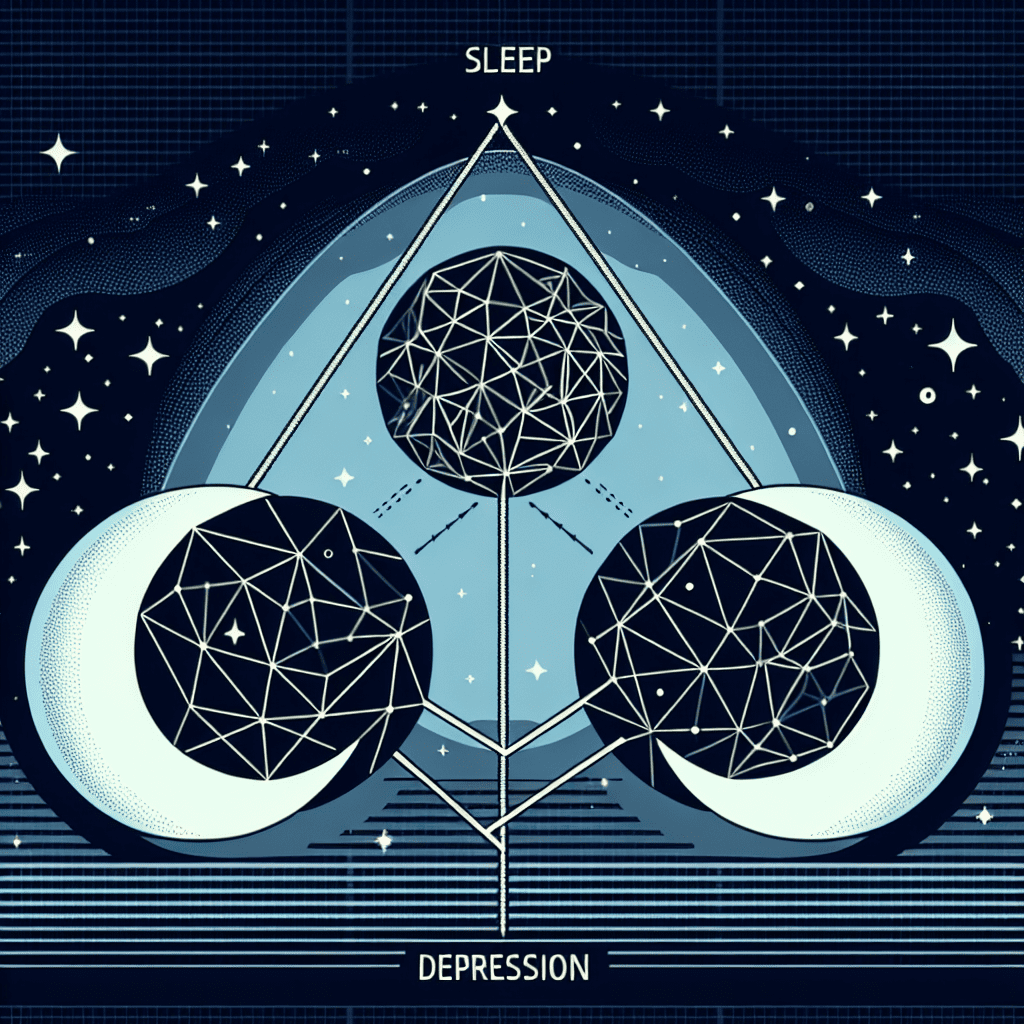Introduction: The Midnight Whisperer Imagine your mind as a house, with your personality traits being the furniture, sleep the housekeeper, and your emotions as the residents. Most days, all is in harmony. But sometimes, particularly in the stillness of night, a quiet yet substantial shift occurs. **Sleep**, often romanticized as a place of peace, serves […]
Author: Benjamin Walker
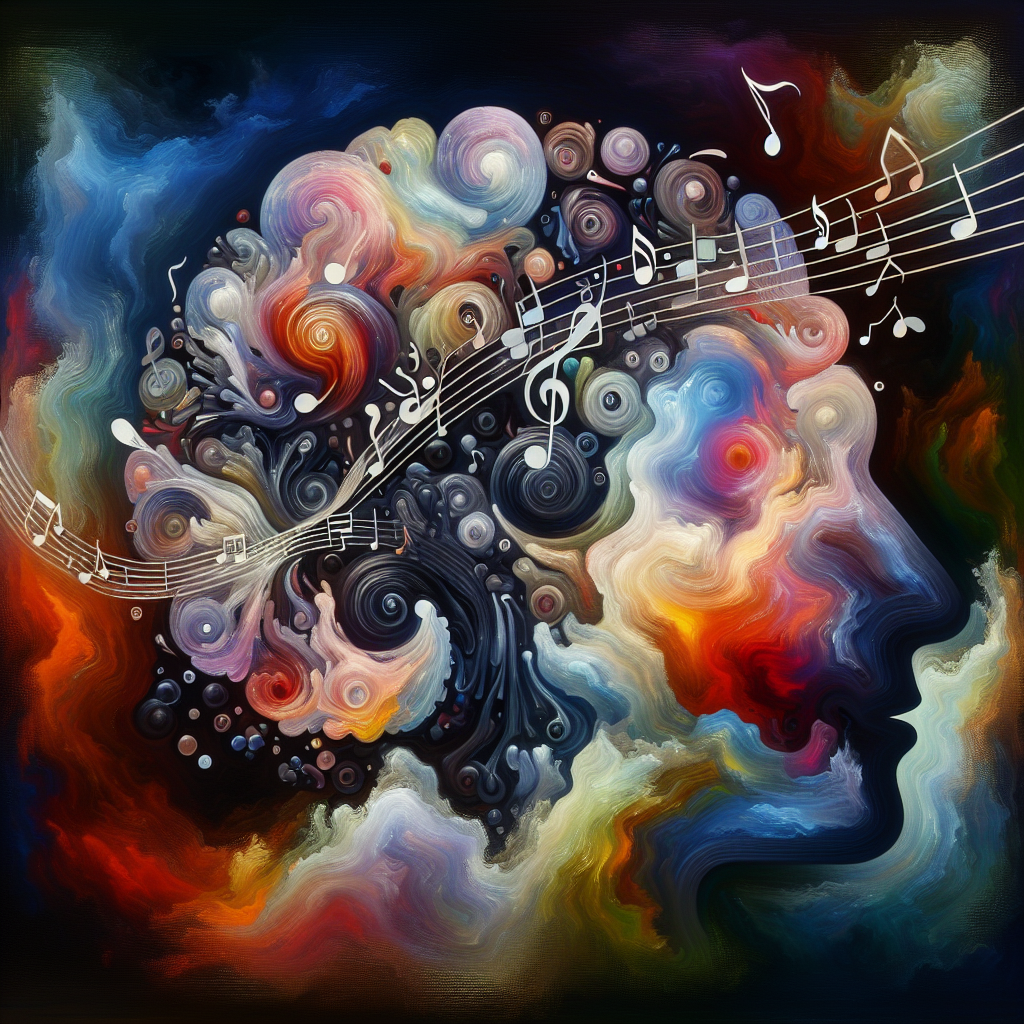
Harmonizing the Mind: How Music and Emotion Tangle in Depression
Introduction: The Rhythm of the Mind Imagine the last time you were moved by a song. Did it lift your spirits, or perhaps bring a tear to your eye? Music has a profound power to touch us emotionally, and it turns out, it affects our brains in telling ways. Now, picture dealing with depression—a condition […]

Finding Inner Strength: How Tai Chi Transforms Lives Beyond Heart Health
Introduction Imagine transforming the way you see yourself and the world around you through a simple exercise. This is the promise of Tai Chi — an ancient Chinese martial art known for its gentle, flowing movements and profound calming effects. Most people associate Tai Chi with physical benefits, but a recent research paper titled, ‘The […]

The Mind’s Dance: Understanding Altered States in Extreme Rituals
Introduction: Stepping into the Dance of the Mind Imagine being part of an ancient ritual, where drums beat a hypnotic tattoo and participants dance in trance-like states, seemingly detached from the mundane world. These extreme rituals, often involving intense physical acts like body piercing and fire-walking, have long fascinated scientists and laypeople alike. Why do […]
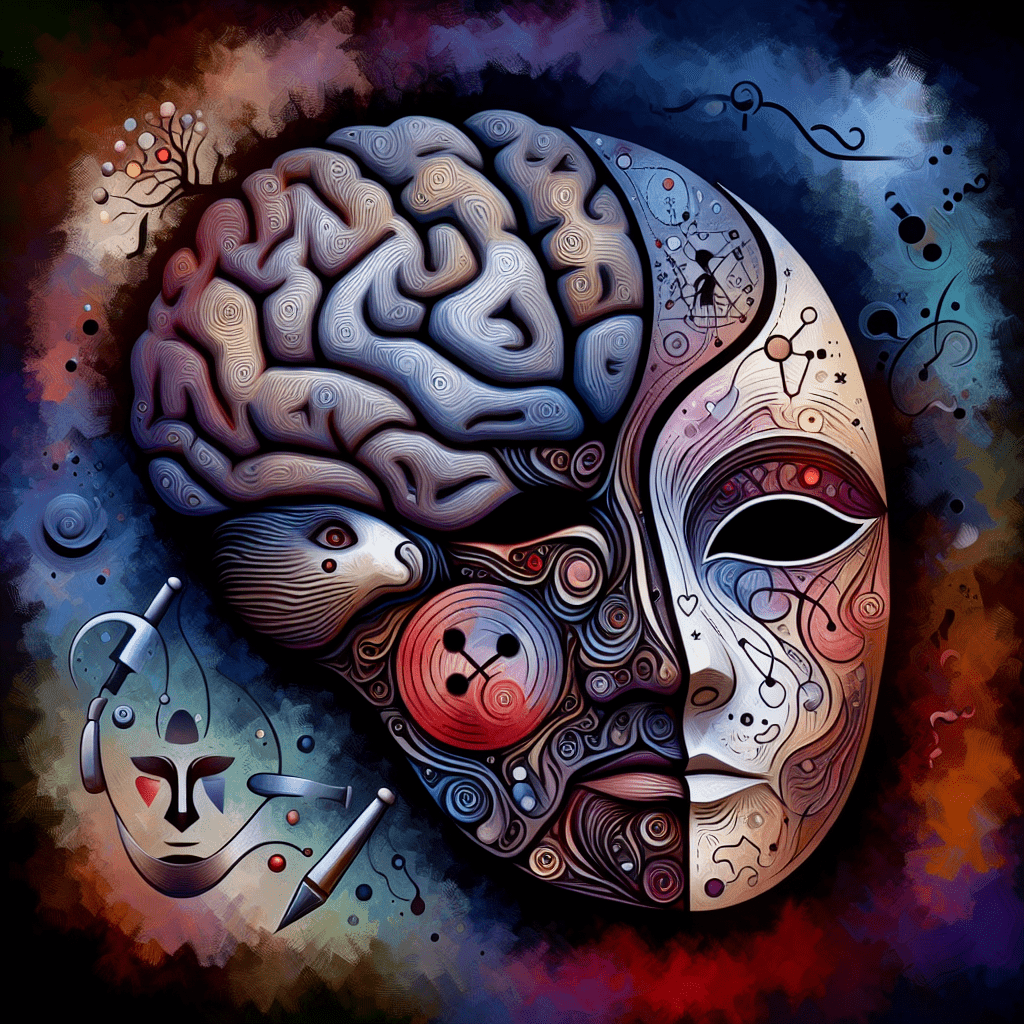
Peeking Behind the Mask: How Brain Structure Influences Emotion Recognition in Psychopaths
Introduction Imagine a world where you can’t read the emotions of people around you. You see their faces, but what they’re feeling—joy, fear, sadness—remains a mystery. For individuals with psychopathy, this is often the stark reality. Emotion recognition, a skill most of us take for granted, can be a complex puzzle for them. It’s more […]
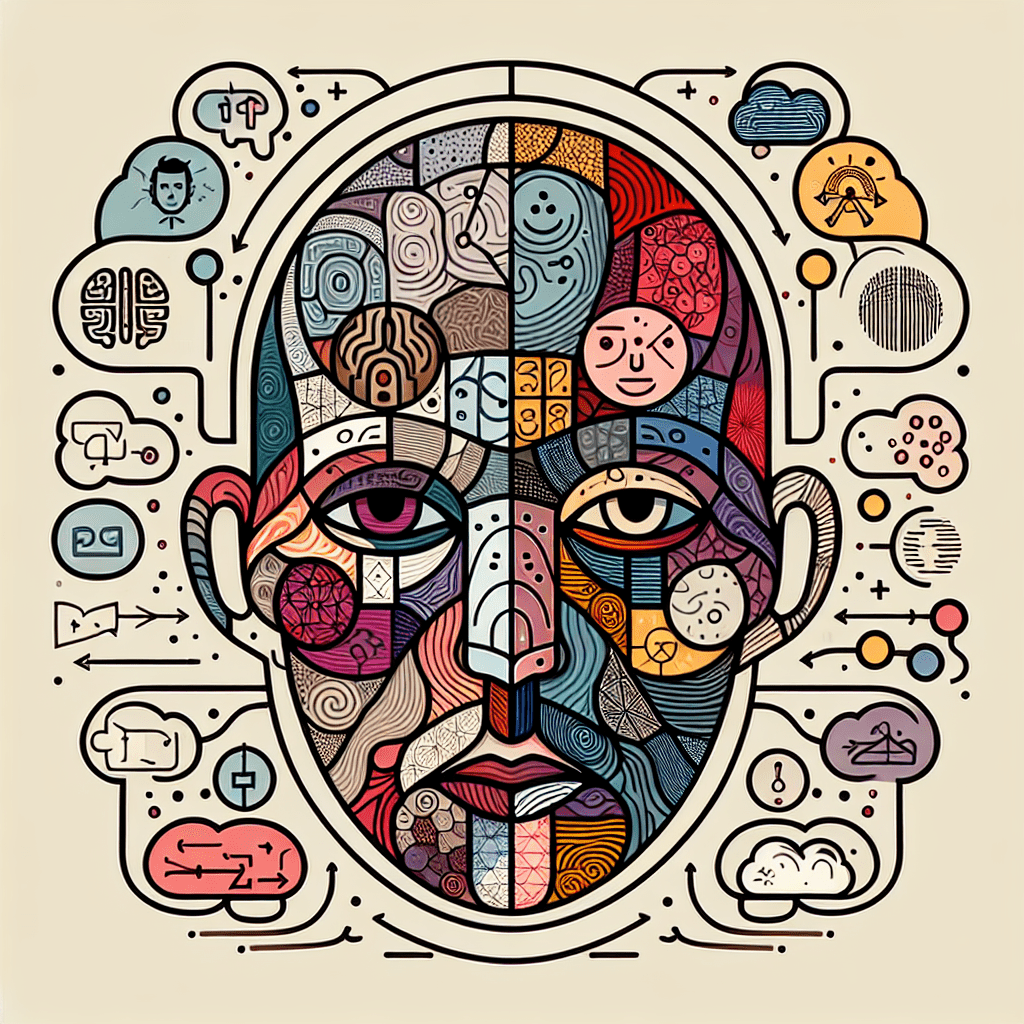
Exploring Emotional Face Perception: How Self-Expectations Shape Our Reactions
Introduction: Puzzles of the Human Mind Have you ever noticed how a smile from a friend can light up your day, while a frown from a stranger can leave an unsettling impression? Faces, and the emotions they convey, are crucial in our daily interactions. However, what if the way we perceive these emotions is influenced […]

Unveiling the Cognitive Mysteries Hidden in Our Words
Introduction: The Power in Our Words Imagine if the words we speak every day could serve as a window into our minds, offering an early glimpse of mental decline or cognitive issues. This might sound like the stuff of science fiction, but a recent research paper titled “Vocabulary Size in Speech May Be an Early […]
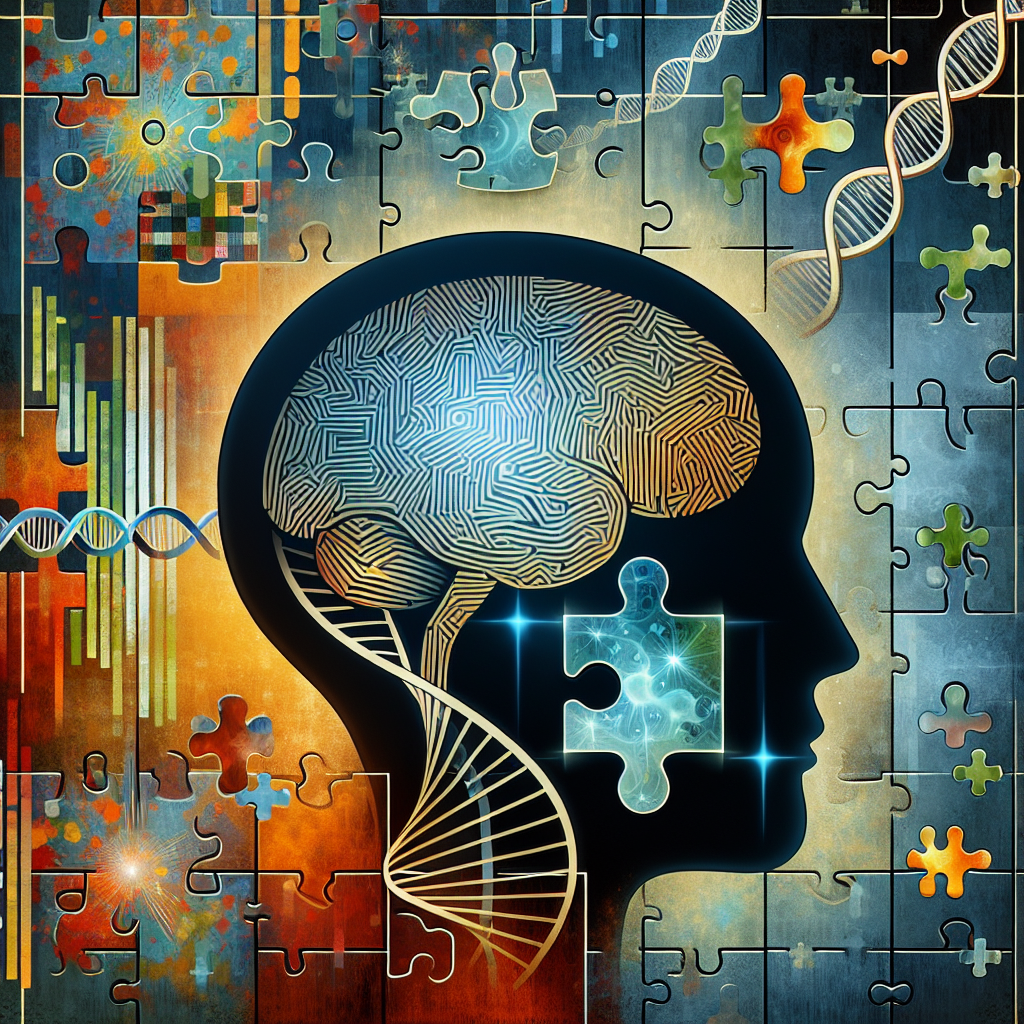
A Genetic Puzzle: Understanding the Role of Parental Genes in Schizophrenia and Neurodevelopmental Disorders**
Introduction Imagine a complex tapestry woven with genetic threads. At first glance, it might seem that every thread plays an equal role in forming the image. However, delve deeper, and you’ll find that some threads have a more profound impact than others. This metaphor is particularly apt when it comes to understanding certain genetic influences […]
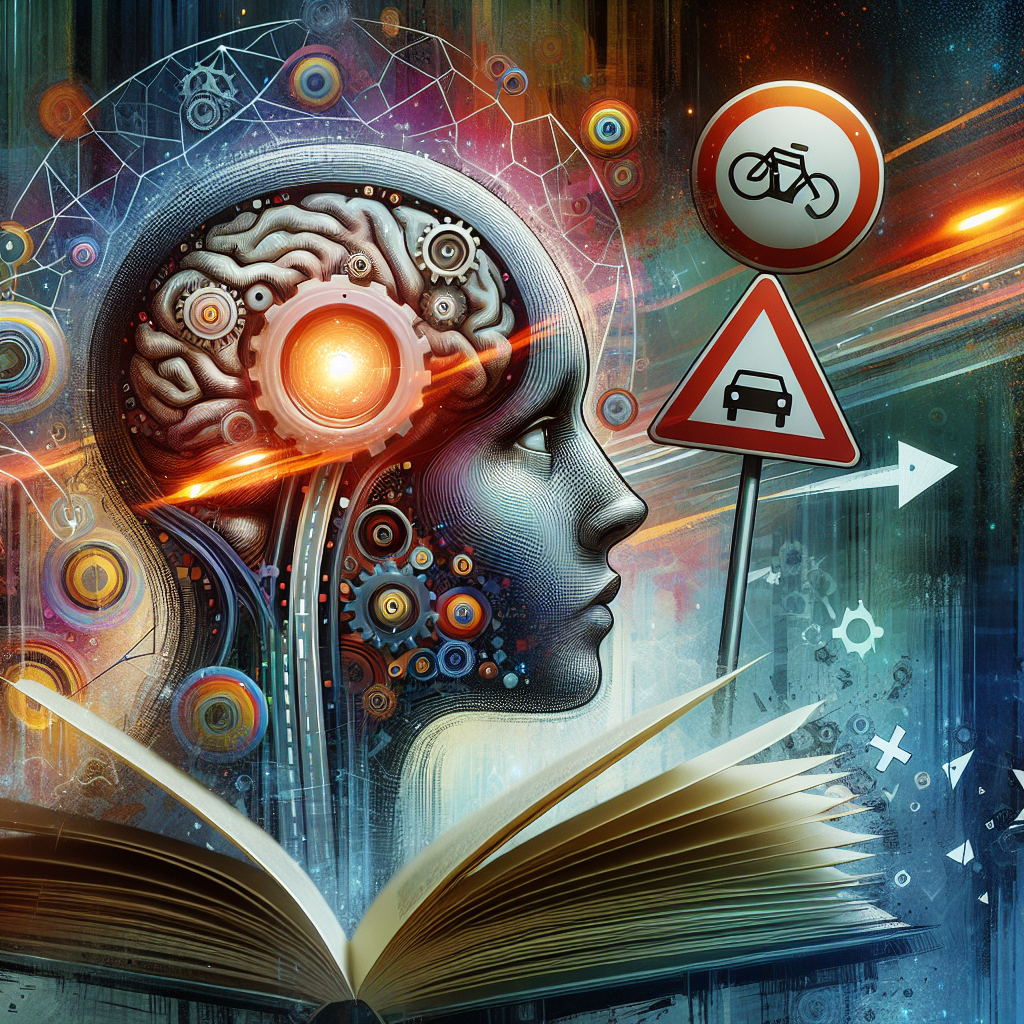
Reading the Roads: Unveiling New Insights into Traffic Safety through Offenses and Accidents
Introduction If you’ve ever received a traffic ticket, you might have been startled to realize how closely these infractions can mirror our on-road behavior. However, what if these offenses were more than just infractions on our driving records? Imagine if they could actually predict future crashes. This intriguing notion is exactly what a recent research […]
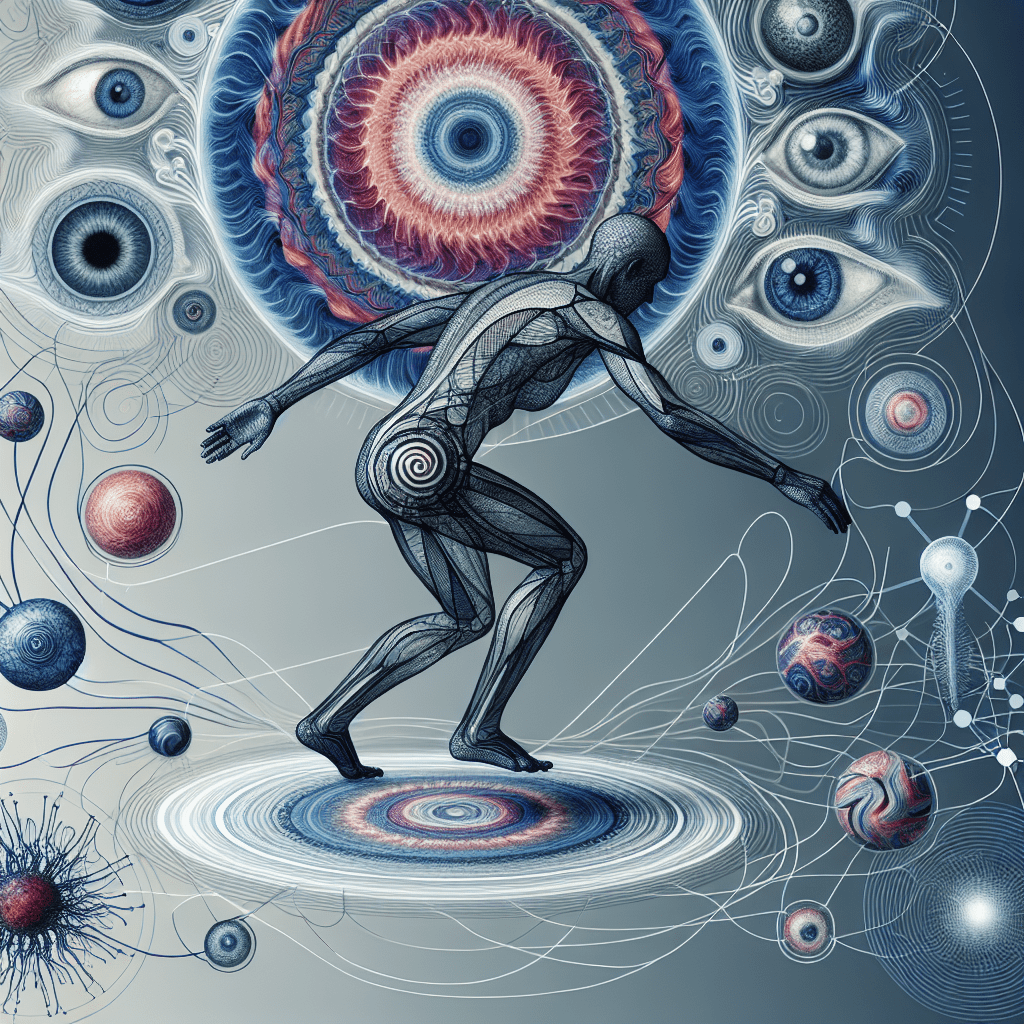
Navigating Dizziness: The Impact of Optokinetic Stimulation on Balance and Perception
— Introduction Imagine standing on a boat rocked gently by the waves. Your world sways as you struggle to keep your balance, and your head spins as though you’ve just stepped off a rollercoaster ride. For many people, these sensations are fleeting, but for those with a condition known as Visual Vestibular Mismatch (VVM), this […]
